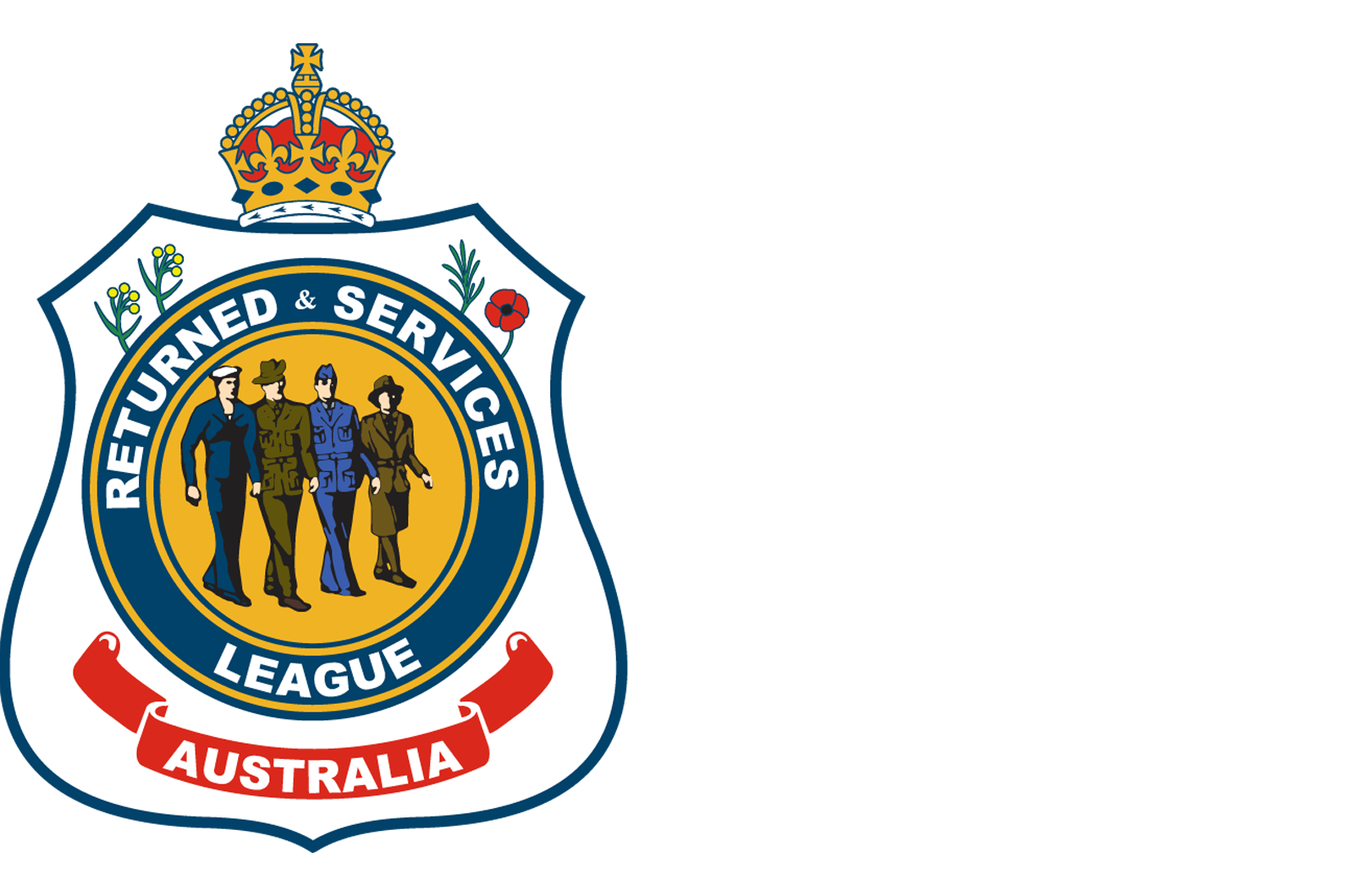News and stories
Stay up-to-date with all the latest news from RSL Queensland. Discover key updates, handy hints, inspiring veterans’ stories, and more.
Latest news and stories
Check out the latest news, including important announcements, helpful tips, and inspiring stories from the veteran community.
Queensland RSL News
Read the latest edition of Queensland RSL News magazine, featuring insightful articles, community updates, and a closer look into RSL Queensland’s work supporting veterans and their families.

Celebrate the centenary of The Queensland Digger
In 2025 we celebrate 100 years since The Queensland Digger (now Queensland RSL News) was first published. That’s a centenary of telling veterans’ stories. Our readers are part of this milestone, so we’d like you to participate in our celebration.
We’d love you to tell us:
- Do you have any special memories of our member magazine over the years?
- Did you read any articles that were inspiring or even life-changing?
- Has it helped you reconnect with long-lost friends?
Please email editor@rslqld.org if you have any photos, stories to share or ideas to help us celebrate the centenary.

Annual reports
Our annual reports capture RSL Queensland’s key achievements, priorities and performance for each calendar year.
Each annual report is prepared in accordance with RSL Queensland’s Constitution and released ahead of State Congress.


.jpg%3Fh%3D450%26iar%3D0%26w%3D600&w=3840&q=75)
















